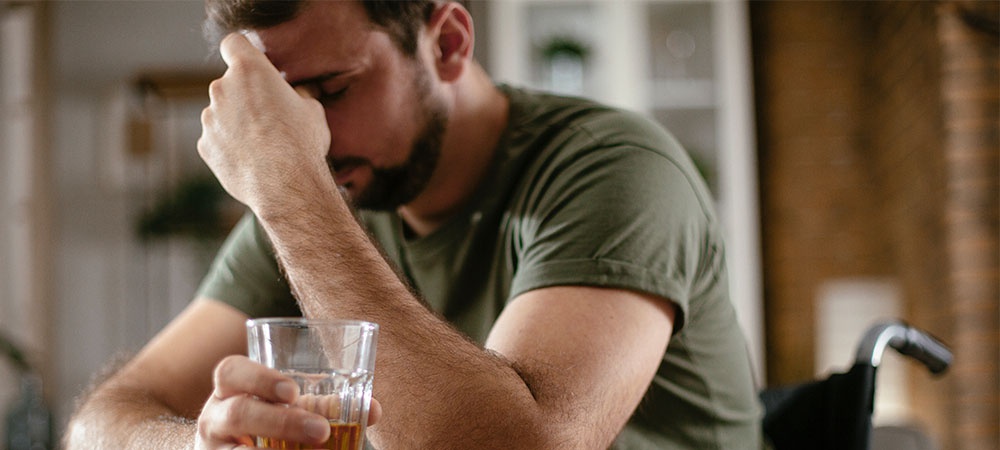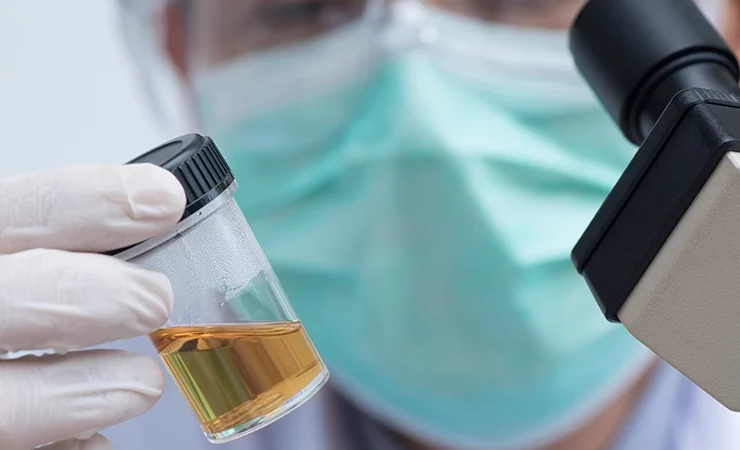Overcoming Addiction: The Role of Counseling and Support Groups
Addiction is often a lonely lifestyle. You may have friends or co-addicts that indulge in your deprecatory habits with you, but you’ll often feel alone inside. It may also cause you to self-isolate to prevent people from knowing about your substance dependence.
Addiction counselling and support groups provide a place to break the loneliness and rid yourself of the bad habit. That’s why addiction treatment programs encourage it. SAMHSA reported that 93% of addiction treatment facilities provide group counselling for patients.
Understandably, you may have doubts about sharing your addiction story with strangers. But we can assure you, you’ll be better off for it.
Let’s explore why you need addiction counselling and the roles support groups play in your recovery.
How Addiction Counseling and Support Groups Help Addiction Treatment
Taking addiction recovery in isolation isn’t the best idea. Generally, it’s often more challenging dealing with the lows of substance dependence rehab alone. You stand a higher chance of succumbing to your desires and relapsing.
Counselling and support groups play an external supporting role in your addiction recovery journey. Beyond your motivation and goals, you get people holding you along the way. If that’s not convincing enough, consider this breakdown of the benefits of addiction counselling.
Importance of Counseling in Addiction Recovery
Medication isn’t enough to get you through rehab. They may provide comfort for the physical pain, but won’t do much for the emotional and psychological effects.
That and the following reasons highlight the advantages of counselling and support groups for your recovery
Helps to Address the Root Cause and Addiction Triggers
It’s fruitless to treat addiction without addressing what led to it. You have a backstory of how your substance use began and its development into a compulsive habit. You didn’t just wake up someday and become a drug addict or alcoholic overnight.
In addition, your continued dependence on the substance likely hinges on certain triggers. You’ll have conditions that spark your desire to consume drugs or alcohol. Identifying and addressing such conditions is crucial to your recovery.
Addiction counselling gives you a safe space to recall events and situations that contributed to your substance abuse. You may not have realized it on your own, but unravelling your experiences with a professional will help you connect the dots.
Improve Your Motivation for Recovery
If you’re a long-time addict, you may initially feel like you can’t get by without drugs or alcohol. You may also fear that undergoing rehab means you won’t get to hang out with your addict buddies any longer.
Such realizations may make you ambivalent about getting on the track to recovery. Counselling will help you get through this phase quickly.
A professional therapist will talk you through why you need rehab. They’ll allay your fears and doubts regarding the treatment process. Lastly, they’ll encourage and give you the necessary motivation to kick the habit.
Related Article: How Rehab Can Help with Your Alcohol and Drug Addiction
Show You How to Cope Without Drugs or Alcohol
Addictions are similar to incurable diseases. Like diabetes or asthma, you can’t fully cure them, but it’s possible to manage addiction for a lifetime without relapsing. You’ll always get the temptation to indulge in your habits, but the right mindset will help you resist it.
Counselling is where you learn to live free of addiction. It all starts with identifying the main causes and triggers for your addiction. For example, stressful situations may cause you to desire a smoke to calm yourself. As such, stress may be your main trigger.
Once you identify the cause, you’ll then build alternative responses to the triggers. For example, you may replace smoking in stressful situations with taking deep breaths, solving a Rubik’s cube or writing down your thoughts.
Primarily, you’ll build new habits and practices to replace your addiction. For example, you may take up working out in place of smoking weed. Or you may choose to do meditations instead of snorting coke.
Reduces the Risk of Relapse
Your biggest fear during and after addiction treatment will likely be about relapsing. You don’t ever want to indulge in your old habits again; that’s why you’re in the recovery program. Relapsing will make you feel like it was all for nothing, and you don’t want that.
A counsellor’s role is to help you learn to cope without your old habits. Once you’re able to get by without the drugs or alcohol, you’ll no longer have a reason to use them, which makes you less prone to relapsing.
It’s also worth mentioning the NIH report, which states that participating in support group activities helps to reduce chances of relapse by 7 to 25%.
Helps you Find the Right Peer Support Group
Counselling involves sessions with a professional therapist to address your substance abuse’s psychological and emotional impacts. But while the therapists may have professional training, they can’t give you the sense of belonging you’ll feel with other struggling addicts.
You need group support and encouragement to overcome the loneliness you may experience during your recovery. And counselling may help you find the right community for you. The counsellor will recommend support groups and help you build rapport with others.
Roles of Support Groups During and After Addiction Treatment
Addiction counselling is great, but a support group helps you find strength in community and camaraderie. Below are the benefits of joining addiction support groups and participating in sessions.
- Support groups provide a safe space for unravelling your vulnerabilities with strangers
- Support groups give extra motivation to get clean
- You’ll find strength in supporting others
- You’ll overcome your loneliness and feelings of isolation
- You get to make new friends and build helpful connections
- Group discussions will help you put things in perspective
- Support groups will rally around and hold you up if you start slipping
- You get to learn new skills in group meetings
Related Article: Different Types of Addiction Recovery Programs and Which One Fits Best for You
Don’t Face Your Recovery Journey Alone
Addiction recovery is often a challenging journey, never attempt to face it alone. Instead, surround yourself with as much help and support as possible. Take care of yourself and let others take care of you.
And as you get better, start looking out for others too; you’ll find strength in supporting others. That’s why you shouldn’t only take addiction counselling but also actively participate in support groups.
Ready to start addiction counselling? Our comprehensive addiction treatment programs at Inspire Change Wellness Center combine counselling with medical care and other holistic treatment forms.






